Does Open Water Swimming Scare You?
There are plenty of triathlons that are staged at local recreation centers or YMCA facilities, where the swim is held in the pool. A pool swim is a great way to start your triathlon career and removes the anxiety of open water swimming.
If you are looking for more assurance in case you get unnerved on race day, know that you can walk in the shallow water and not be disqualified. You can also hold on to the side of the pool, a lane line or a buoy to catch your breath. However, you cannot use any object besides the bottom to make forward progress. For example, you cannot pull yourself along the wall of the pool.
You can find a full set of triathlon rules at USA Triathlon.
More: 8 Tips for Open Water Newbies
Do I Have to Spend a Bunch of Money on Equipment?
You don't have to invest in the latest and most expensive gear in order to participate in triathlon. If your goal is to comfortably complete the event in good health, all you need is:
- A swimsuit and goggles.
- A bike that fits you. This can be mountain, hybrid, touring or a road bike. Of course, a time trial or triathlon bike works too. Many triathletes complete their first event on a borrowed bike and that works too.
- A bike helmet is required for the race and it's a smart idea to wear it for all of your training sessions.
- Cycling shorts and gloves make training much more comfortable. Be sure you wear your padded cycling shorts without underwear. Wearing underwear can create saddle sores. Cycling gloves are designed to improve hand comfort and protect your hands in the unlikely event you should fall. Whether or not you decide to wear cycling gloves for the race is a personal choice. It does take a little more time to put them on wet hands on race day.
- A good pair of running shoes, used for only running. Don't ask your running shoes to do double or triple duty doing yard work and errands.
More: 8 Tricks of the Trade for Your Triathlon Checklist
Don't Have Time to Train?
If you decide to train for a sprint event and you are beginning your training with limited fitness, you can be ready to go at the end of about 12 weeks of training, with weekly training hours ranging from about 2.5 to 4.5 hours. That isn't much of a time commitment at all, don't you agree?
Training Resources
If you don't like to train alone, investigate local triathlon clubs. Often these clubs have groups for new triathletes. The group may or may not have a coach associated with it. Also check out your local city or recreation center offerings. Many times these facilities offer courses for beginner triathletes.
If you don't need or want structured meeting times with a coach, there are books and online training plans available. Following a guide designed by a professional coach helps you be certain that you're prepared for race day, without risking overtraining.
The book Triathlon Training Basics is a good resource for beginners, and it comes complete with detailed training plans for sprint and Olympic distance racing. Active.com offers sprint and Olympic triathlon training plans in an online format and I've designed training plans that you can find on my website.
You Can Do It!
I'm fully confident that you can be ready for a triathlon in just 3 to 6 months. What's holding you back from starting your training now?
More: How to Train for a Triathlon (From Scratch)
 Ready to go? Search for your next triathlon.
Ready to go? Search for your next triathlon.
- 2
- of
- 2
About the Author




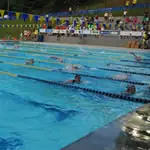
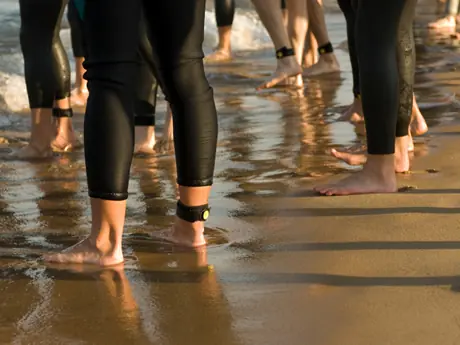
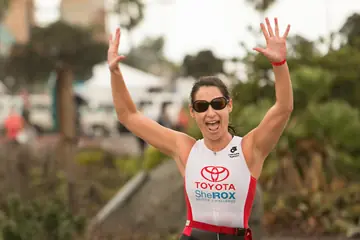
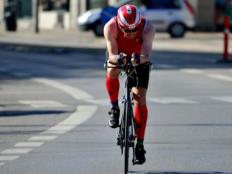
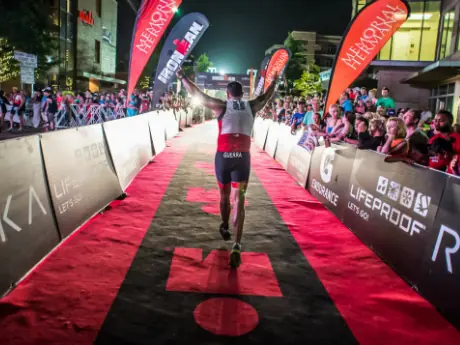
Discuss This Article